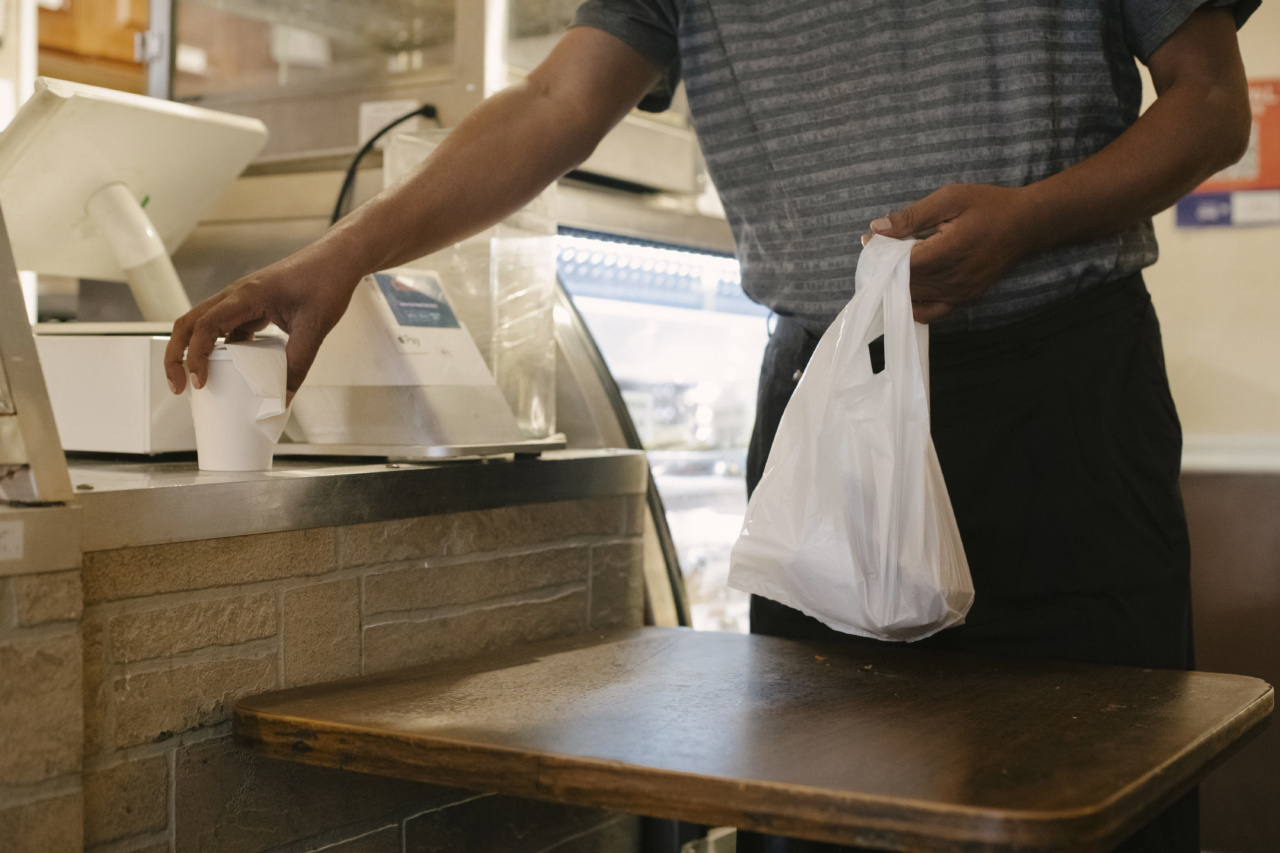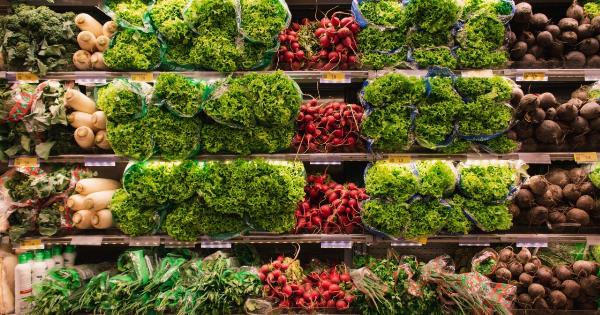When it comes to household expenses, one area where most people can make significant savings is at the grocery store.
With a little planning and know-how, you can slash your grocery bill without sacrificing the quality and nutritional value of your meals. Here are some savvy shopping tips to help you save money on your next trip to the grocery store.
1. Prepare a Shopping List
Avoid the temptation of impulsive buying by preparing a shopping list before you head to the store. Take inventory of the items you already have at home and create a list of the essentials you need.
Stick to your list while at the store and avoid grabbing unnecessary items.
2. Prioritize Store Sales and Discounts
Most grocery stores offer weekly sales and discounts on a variety of products. Check the store’s weekly ad or website to find out which items are on sale. Plan your meals around these discounted items to save money.
Additionally, make use of any loyalty programs or coupons provided by the store to maximize your savings.
3. Compare Prices
Don’t settle for the first item you see on the shelf. Take the time to compare prices of similar products to ensure you’re getting the best deal. Sometimes, generic or store-brand items can be just as good as their more expensive counterparts.
It’s wise to compare unit prices as well, as packaging sizes can vary.
4. Shop in Bulk
Buying items in bulk can lead to significant savings in the long run. Consider purchasing non-perishable items such as rice, pasta, canned goods, and toiletries in larger quantities.
Just make sure you have enough storage space and the items won’t expire before you can use them.
5. Take Advantage of Seasonal Produce
Seasonal fruits and vegetables are often cheaper and fresher than their out-of-season counterparts. Plan your meals around what’s in season and take advantage of these affordable options.
You can even buy extra and preserve them through freezing, canning, or pickling for future use.
6. Avoid Shopping on an Empty Stomach
We’ve all been there – shopping on an empty stomach can lead to impulsive buying and unnecessary splurges. Eat a snack or meal before heading to the grocery store to keep your hunger in check.
This will help you avoid adding unnecessary items to your cart.
7. Don’t Underestimate the Power of Meal Planning
Meal planning is a fantastic way to save both money and time. Set aside some time each week to plan your meals, taking into account the ingredients you already have and those that are on sale.
This will help you avoid spontaneous takeout or costly last-minute grocery trips.
8. Skip the Brand Loyalty
While some brand loyalists swear by their preferred products, it doesn’t hurt to try generic or store-brand alternatives. Store brands often provide similar quality at a fraction of the price.
Give them a chance and see if you notice any difference in taste or performance.
9. Be Mindful of Expiration Dates
Reducing food waste is not only good for the environment but can also save you money. Pay attention to expiration dates when shopping to ensure you use up your items before they go bad.
Place older products in the front of your fridge or pantry, so they don’t get forgotten.
10. Avoid Convenience Items
Convenience items like pre-cut fruits, pre-packaged salads, or individually wrapped snacks may be convenient but come with a higher price tag.
Opt for whole fruits and vegetables that you can prepare yourself, as well as buying in bulk and dividing portions yourself. It may require a little extra effort, but the savings will add up.
In Summary
By following these savvy shopping tips, you can save money at the grocery store without sacrificing the quality of your meals. Plan your shopping trips, take advantage of sales and discounts, compare prices, shop in bulk, and be mindful of what you buy.
With a little bit of effort and smart decision-making, you’ll see a significant reduction in your grocery bill.





























